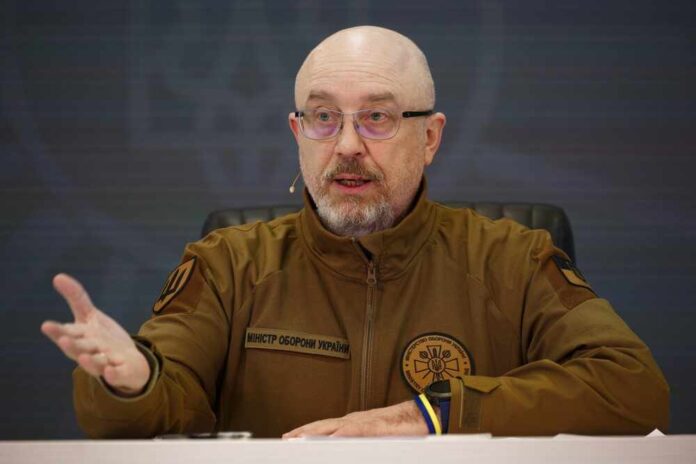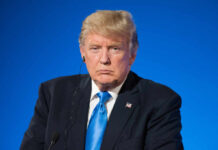
With the Biden administration calling for even more aid on top of the roughly $113 billion already committed to Ukraine since Russia’s invasion last year, critics on both sides of the aisle are becoming more vocal in their opposition to continued funding without some firm oversight in place.
During the last Congress, the 117th, they approved $113 billion for the war in Ukraine. Of that, $67 billion was allocated for direct military assistance. Only $26 billion of that has been spent so far.
Now, Biden wants $20.6 billion more.
That is unacceptable! pic.twitter.com/HoRM0G9Rgq
— Mark Alford (@RepMarkAlford) September 1, 2023
In addition to rampant concerns about fraud and corruption by Ukrainian military and political officials, there is little evidence regarding how the money that is being used for legitimate defense is actually being spent.
Some relevant information did surface this week, however, when Ukrainian Defense Minister Oleksii Reznikov, who is on his way out of the position, admitted that the country is spending nine figures each day to fight against the Russian military.
“The army today is the largest consumer of funds,” he said. “But funds are also needed for the maintenance of the country as a whole — for infrastructure, for reconstruction [and] for supporting the socially vulnerable.”
Of course, Reznikov’s stint as the military leader has been tainted by broad allegations of corruption — from overspending on supplies to outright bribery — although he has not personally been accused of any wrongdoing. Nevertheless, Ukrainian President Volodymyr Zelenskyy opted to remove him from the position earlier this week. ‘
Just last month, two dozen regional military recruiters were relieved of duty after a probe determined that they had accepted payments to create fraudulent documents showing that recruits were unfit for duty and thus unable to serve in the war.
John Sopko, who serves as inspector general for Afghanistan, said the corruption and waste he has encountered in that country highlights the need for coordinated oversight in Ukraine.
“That means we have multiple agencies,” he said. “I think we have over 17 different agencies currently U.S. alone, currently operating in Ukraine. There are like 30 some countries operating in Ukraine. A number of international organizations. So you got the EU, you got all the EU countries. That is overwhelmingly confusing and it needs to be coordinated.”
On his way out, Reznikov attempted to downplay the fraud factor while claiming Ukrainian taxpayers are footing much of the bill for the ongoing war. Although he cited a figure that just 3% of the money spent on the war thus far has come from public donations, he did not specify how much was granted by official foreign funds.
Instead, he only said that the Ukrainian people “pay taxes and these taxes go to the budget, and from this budget, they also go to the army.”


















